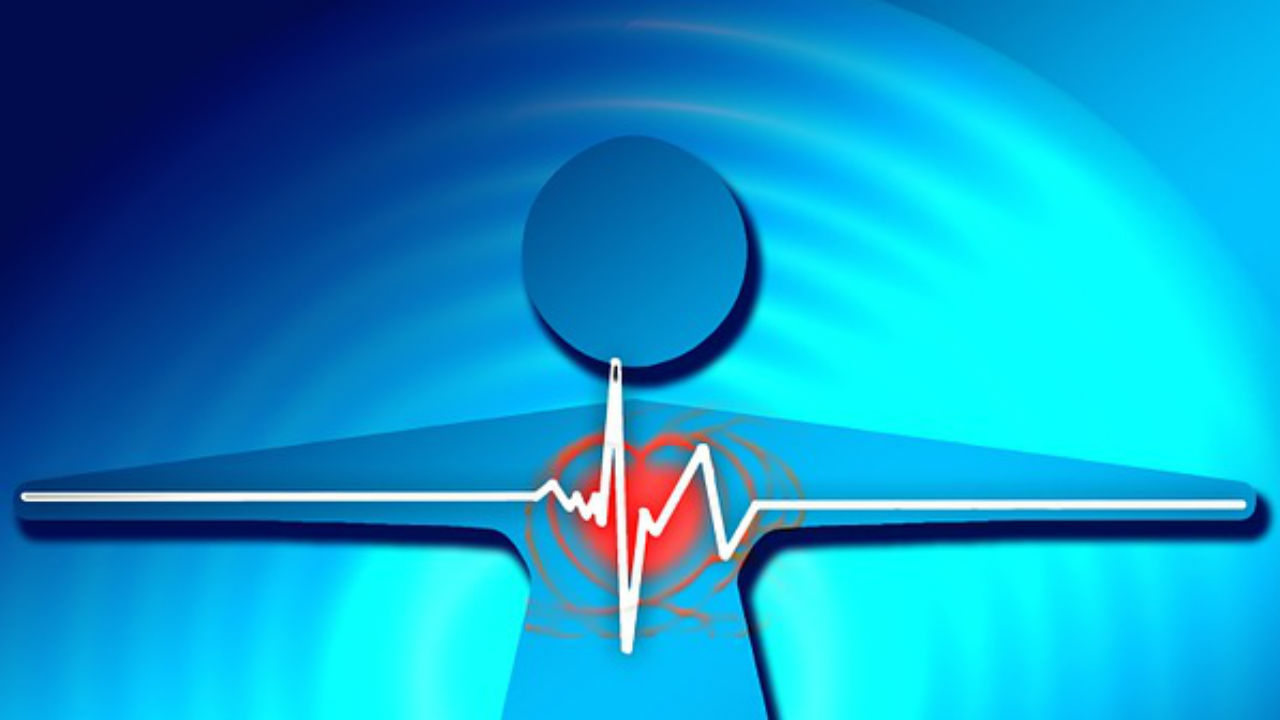At your yearly physical, your doctor tells you that you suffered a small heart attack sometime in the past after he reads your EKG. What? That’s not possible! You don’t remember feeling any left arm numbness or any chest pain. Plus, you’re a woman around the age of 50 and you thought that men experienced heart attacks earlier in life, not women.
It is possible not to feel any symptoms, when the heart attack occurs in a small artery that feeds the heart. A heart attack occurs most commonly when one or more of the arteries that supply the heart, called the coronary arteries, become blocked. Blood cannot get to the heart muscle cells and the cells die. This can occur suddenly when plaque breaks off and gets stuck in the arteries or over a long period of time when cholesterol builds up in the arteries. If a large artery is blocked, it most likely delivers blood to a large area of the heart and the heart attack will be very serious. Larger damages to the heart can reduce the heart’s function level. If a small artery is blocked, a small part of the heart muscle may die. If this occurs over a long period of time, another vessel may grow and deliver blood into this starved area. These new vessels are called collateral arteries . Small injuries to the heart will often go unnoticed.
In general, it is important to:
* Know your family history
* Know your own heart attack risk factors
* Change what you can change.
* Love your heart, love yourself.
How the heart works
Coronary Circulation





Add a Comment2 Comments
You got it right, Jafarl1477 ! Simple summary! Best advice!
July 23, 2010 - 3:10pmThis Comment
reduce faty diet reduce weigt reduce worries increase exercise and get a happy healthy life
July 22, 2010 - 8:51pmThis Comment